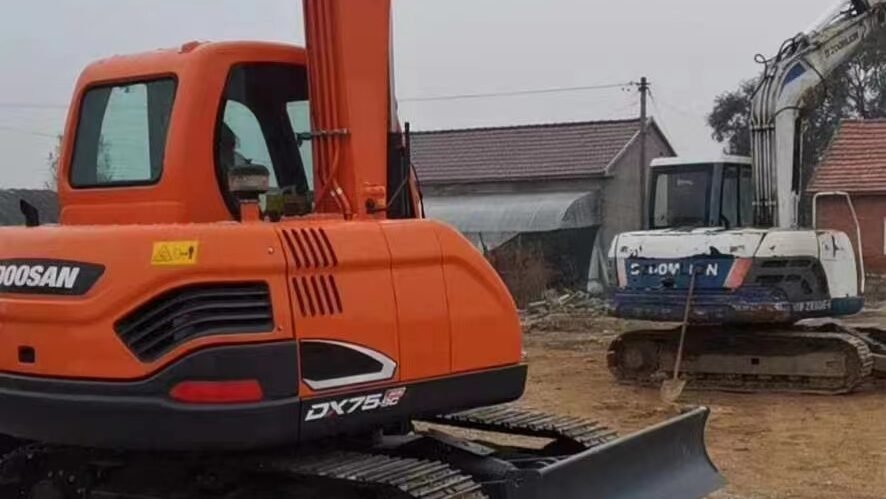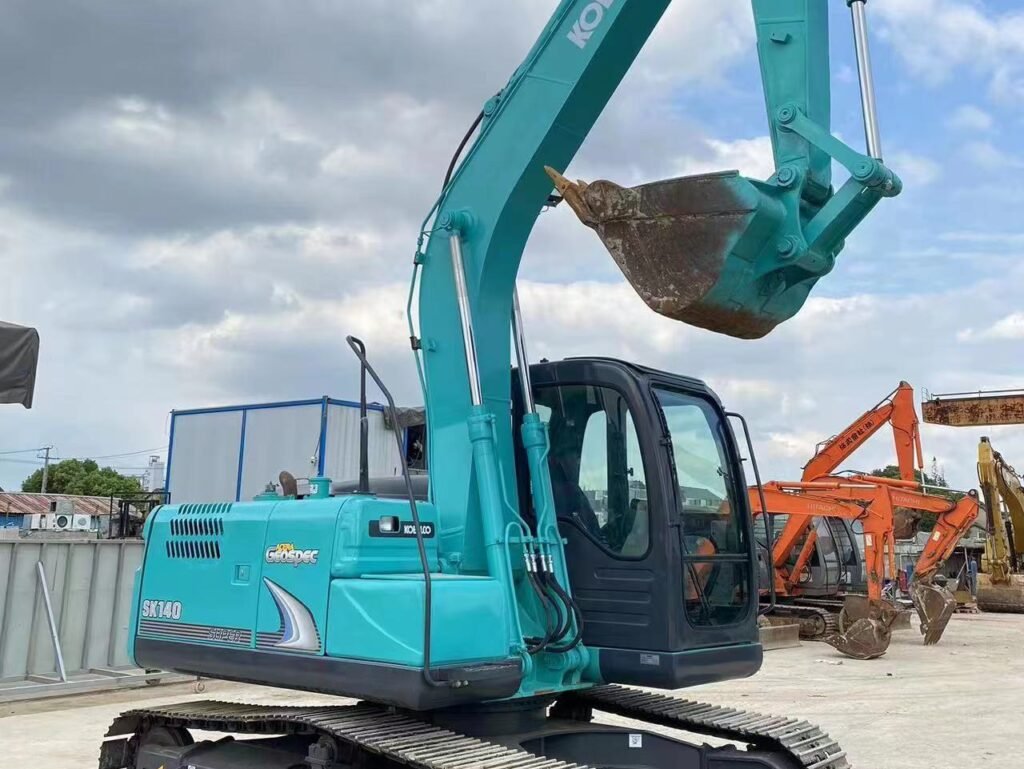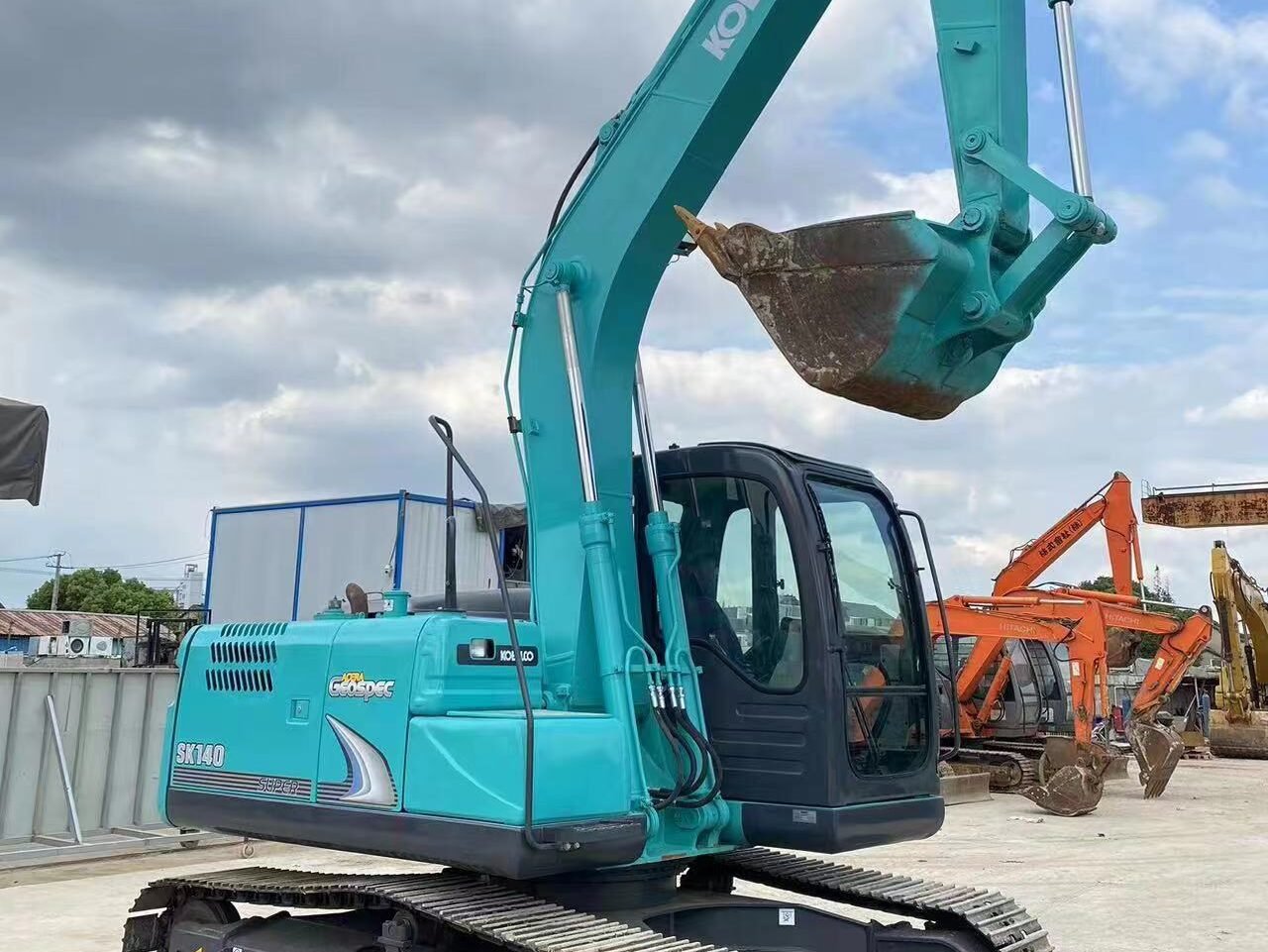I. Introduction
- Background
- Excavators, as heavy machinery, are widely used in construction, mining, and infrastructure projects. Their performance and reliability directly impact the efficiency and safety of engineering works. Therefore, selecting the right supplier is crucial to ensuring equipment quality and ongoing support.
- Purpose
- This article aims to provide a series of guidelines to help businesses choose reputable excavator suppliers, ensuring reliable equipment quality and after-sales service to support smooth project execution and long-term operation.
II. Key Factors in Supplier Selection
A. Supplier’s Industry Experience
- Importance of Experience
- Experienced suppliers usually have established a good reputation and influence in the market. They can offer more professional equipment and services tailored to various project needs.
- Understanding History and Case Studies
- Companies should investigate the supplier’s history in the excavator field, including the establishment time, market position, and significant projects they have participated in to assess their expertise and industry impact.
B. Product Quality Certification
- Checking Product Standards
- It is vital to understand whether the excavators provided by the supplier meet international and national quality standards, such as ISO 9001 and CE marks, as these certifications reflect the safety and reliability of the equipment.
- Importance of Certification
- Quality certifications are not only legal requirements for market entry but also critical indicators of product quality. Companies should ensure that their chosen suppliers possess relevant product quality certifications and can provide the necessary documentation.
C. After-Sales Service System
- Content of After-Sales Service
- Evaluate the content of after-sales services provided by the supplier, including warranty periods, maintenance services, and spare parts supply, as these factors directly affect the long-term effectiveness of the equipment.
- Coverage of Service Network
- Understand the supplier’s service network, including the response time for technical support and its coverage area. Suppliers that can quickly respond to customer needs are essential for ensuring equipment operates smoothly.
III. Methods for Assessing Supplier Reputation
A. Customer Reviews and Feedback
- Online Review Platforms
- By checking online review platforms, social media, and professional forums, businesses can gain insights into other customers’ feedback about the supplier. These reviews often reflect the quality of service and customer satisfaction.
- Customer Recommendations
- Referencing existing customers’ recommendations and shared experiences by directly communicating with them can provide genuine insights into their usage experience and advice, aiding in making informed decisions.
B. Industry Reputation
- Industry Influence
- The supplier’s reputation and influence within the industry are crucial indicators of their credibility. Understanding whether they participate in industry associations, trade shows, and other activities can reflect their standing in the field.
- Importance of Reputation
- A strong reputation within the industry often indicates that the supplier is widely recognized for their product quality and service, which businesses should prioritize.
C. Partnerships and Supply Chain Relationships
- Collaboration with Well-Known Brands
- The supplier’s partnerships with well-known brands or large enterprises can serve as a guarantee of their credibility. Such collaborations often indicate that the supplier meets high-quality standards and service capabilities.
- Stability and Reliability
- Assessing the supplier’s supply chain stability ensures they can provide the required equipment and services on time, preventing project delays due to supply chain issues.

IV. On-Site Visits and Technical Support
A. On-Site Visits to Suppliers
- Visiting Production Facilities
- Companies should arrange on-site visits to the supplier’s production facilities and showrooms to observe their production processes, management standards, and equipment displays, gaining firsthand information.
- Observing Production Processes
- Observing the standardization and advancement of production processes can help evaluate the supplier’s production capacity and product quality control.
B. Technical Support and Training
- Content of Support
- Confirm the technical support and training provided by the supplier, including operational training and maintenance technical guidance, which will positively impact the equipment’s use and upkeep.
- Technical Service Capability
- Understanding the supplier’s technical service capabilities, including their efficiency and professionalism in problem-solving, ensures that timely support is available during equipment use.
V. Contract Signing and Guarantee Measures
A. Clarifying Contract Terms
- Content of the Contract
- The contract should clarify terms related to quality assurance, delivery timelines, and after-sales service, ensuring that both parties’ rights and obligations are clearly defined to avoid disputes arising from ambiguities.
- Legal Protection
- The legal validity of the contract provides businesses with legal protection, ensuring they can assert their rights in case of issues.
B. Quality Assurance Measures
- Quality Policy
- Understand the supplier’s quality assurance policies and compensation mechanisms to ensure reasonable compensation or repair services are available in case of equipment issues.
- Fault Handling Procedures
- Inquire about the supplier’s processes for handling quality issues and faults, ensuring that swift resolutions are available when equipment malfunctions occur.
VI. Conclusion
- Summary
- Choosing a reputable supplier is crucial for ensuring the quality and after-sales service of excavators, effectively reducing equipment risks and enhancing project success rates.
- Recommendations
- Businesses should consider all factors comprehensively and conduct thorough evaluations to ensure they select the most suitable supplier, thereby guaranteeing the smooth execution and long-term development of their projects.



